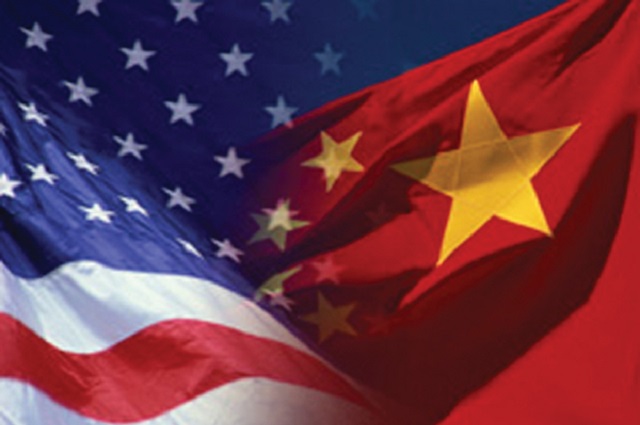WASHINGTON: US Defense Secretary Lloyd Austin met his Chinese counterpart Wei Fenghe in Cambodia on Tuesday as the two sides move to keep tensions in check.
The meeting on the sidelines of a conference of defence ministers in Siem Reap is the first between Austin and Wei since June, before a visit by US House Speaker Nancy Pelosi to Taiwan sparked fury in Beijing.
But China and the United States have since moved to lower the temperature with meetings between top officials.
On November 14, Joe Biden and Xi Jinping met for three hours at a Group of 20 summit in Bali, the first in-person talks between the leaders of the world’s two largest economies since they each became president.
That was followed by a meeting between Xi and US Vice President Kamala Harris at an Asia-Pacific summit in Bangkok.
Chinese State Councilor and Defense Minister Wei Fenghe reiterated the country’s stance on Taiwan question, saying “Taiwan is China’s Taiwan and resolving Taiwan question is a matter for the Chinese” during his meeting with U.S. Secretary of Defense Lloyd Austin on Tuesday.
The Chinese defense minister called the Taiwan question the number one “red line” in China-U.S. relationship and “the core to China’s core interests” in their 90-minute talk in Siem Reap, Cambodia. He also slammed attempts of foreign interference.
Wei’s meeting with Austin marked their second face-to-face conversation this year, with their last talk held five months ago in Singapore.
Chinese State Councilor and Defense Minister Wei Fenghe (2nd R) meets with U.S. Secretary of Defense Lloyd Austin (2nd L) in Siem Reap, Cambodia, November 22, 2022. /Chinese Defense Ministry
According to Wei, the in-person talk between Chinese President Xi Jinping and his U.S. counterpart Joe Biden – took place about a week ago in Bali, Indonesia- has pointed the direction for the development of China-U.S. relationship. Calling for a “rational and practical” policy to China, Wei said he hopes the U.S. can keep its promise and fully implement the consensus reached by the two heads of state.
The Chinese military values its relationship with the U.S. military, Wei told Austin, but the U.S. “must respect China’s core interests.” “It’s all on the U.S. for the current situation of China-U.S. relationship,” Wei added.
The two defense officials agree to maintain open lines of communication in preserving regional peace and stability.
Austin also stressed the need for dialogues on “reducing strategic risk, improving crisis communications, and enhancing operational safety” during their talk, according to the readout by U.S. Department of Defense.
They also exchanged views on the Ukraine crisis, the South China Sea issue, and the Korean Peninsula situation.__Pakistan Today





